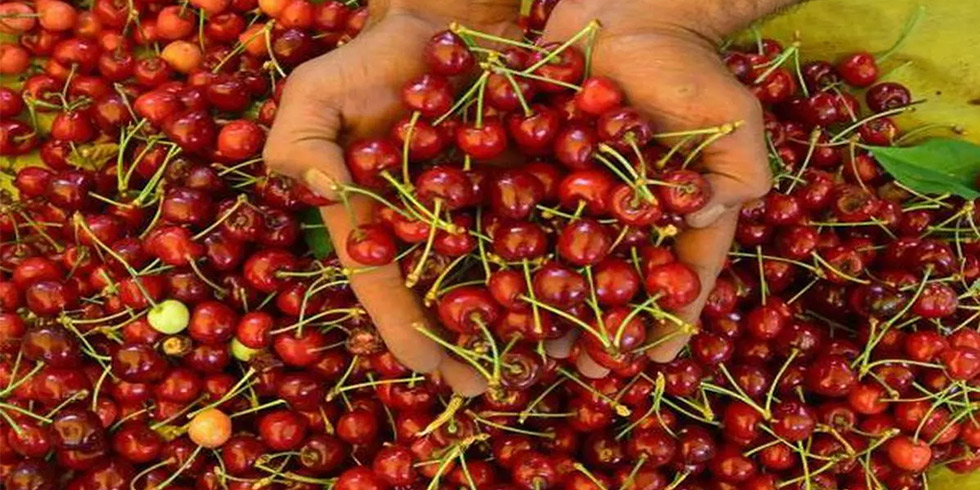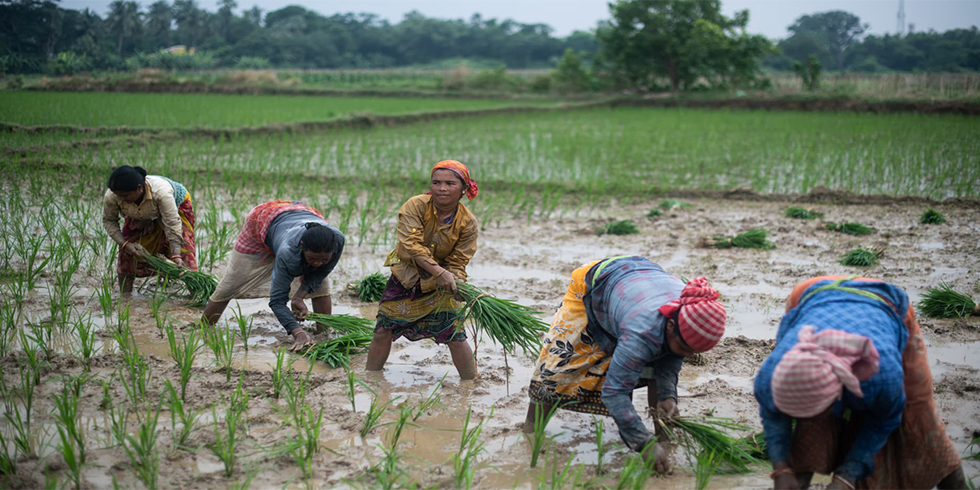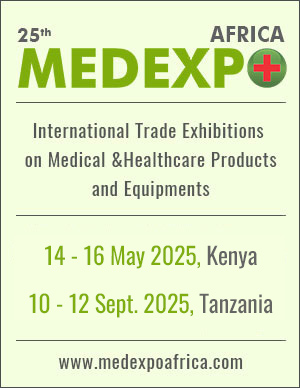One of FDA’s most strategic outposts is in India, the seventh largest supplier of food and second largest supplier of pharmaceuticals and biologics to the United States. The agency’s office, located in the capital, New Delhi, works to ensure the safety and security of food and the safety and efficacy of medical products exported from India to the U.S.
To achieve that goal, the India Office, directed by Mathew Thomas, conducts inspections of Indian medical products and foods facilities that export to the U.S. The office also assists and trains regulators, industry, and other stakeholders in developing and maintaining the quality, safety, and effectiveness of the FDA-regulated products they export.
It’s important for the office to consult regulatory authorities in India to build confidence in each other and to develop quality standards that both countries can trust.
I had the privilege of joining Director Thomas last month for meetings with our regulatory counterparts – the Indian Export Inspection Council (EIC), the Food Safety Standards Agency of India (FSSAI), the Drugs Controller General of India (DCGI), and the Joint Secretary of the Ministry of Health and Family Welfare.
Despite the diversity of these agencies’ mandates and priorities, a common theme coming out of these meetings was the recognition of the mutual benefits we realize by working together to enhance the effectiveness of our regulatory systems and to advance risk-based and science-based approaches to food and medical product regulation.
Along with other FDA experts, I also participated in a Global Food Safety Partnership (GFSP) Governing Council meeting and the Indian Pharmaceutical Alliance (IPA) Second Forum, titled “Towards Excellence in Quality.” Hosted by the Word Bank, the GFSP is a public private partnership, established in 2012, which brings together governments, industry, multilateral organizations, and other stakeholders in support of stronger food safety systems. Since its founding, the GFSP has worked with China, Indonesia, and Vietnam. During my visit, we had initial GFSP meetings with Indian regulators, to explore potential synergies as they look to bolster their food safety systems and maximize their investments. FDA’s India Office is well-positioned to help the Partnership and India explore how best to meet these goals.
The IPA Forum brings together CEOs of pharmaceutical firms, manufacturers, regulators, and other national and global stakeholders who have a role in shaping India’s complex and diverse manufacturing environment to produce safe, effective, high-quality medical products.
Over the past decade, the Indian pharmaceutical market has grown by nearly 14 percent and continues to experience massive growth. However, in order to fully realize the nation’s potential as an important player in the global pharmaceutical industry, India’s regulatory infrastructure must keep pace to ensure that global quality and safety demands are met. Quality issues are an ongoing challenge for the Indian pharmaceutical industry. Of 42 warning letters issued by FDA’s Office of Manufacturing Quality last year, nine went to Indian facilities. The IPA is working to communicate to its diverse members why quality matters and how to achieve it. Thus, the general theme of its Second Forum “Towards Excellence in Quality,” was an incredibly relevant topic if the global market for FDA-regulated products is to be strong and secure.
No one wants resources wasted on ineffectual development and weak processing or manufacturing systems that could actually impede product success. We all want greater competition, increased options for consumers and patients, and more affordable alternatives to comparable products.
Participants agreed that achieving quality requires regulators and industry alike to champion and advance a quality culture throughout the product life-cycle, by effectively employing the use of data and science and requiring greater transparency.
While I was in India, it was really gratifying to witness the high-esteem and trust Indian regulators and industry have for FDA, and our India Office. In turn, whether it is through their response to inspectional observations, their participation in trainings and seminars or their readiness to share strategic information, we see India committing to quality and compliance. Indian regulators and industry both recognize that a quality culture is imperative if India is to increase productivity, reduce compliance risk, lessen rework, and minimize supply interruptions that result in lost revenue and increased risks to public health.
This greater emphasis on quality will also allow India to participate more fully in existing global venues such as the International Council for Harmonisation (ICH) and the Pharmaceutical Inspection Cooperation Scheme (PIC/S) – which will enable stronger collaboration and synergies among regulators.
Quality is good for economic development, the market, and most importantly, patients and consumers everywhere. FDA’s Office in New Delhi looks forward to continued collaboration with our Indian regulatory colleagues to champion a culture of quality.








Add Comment